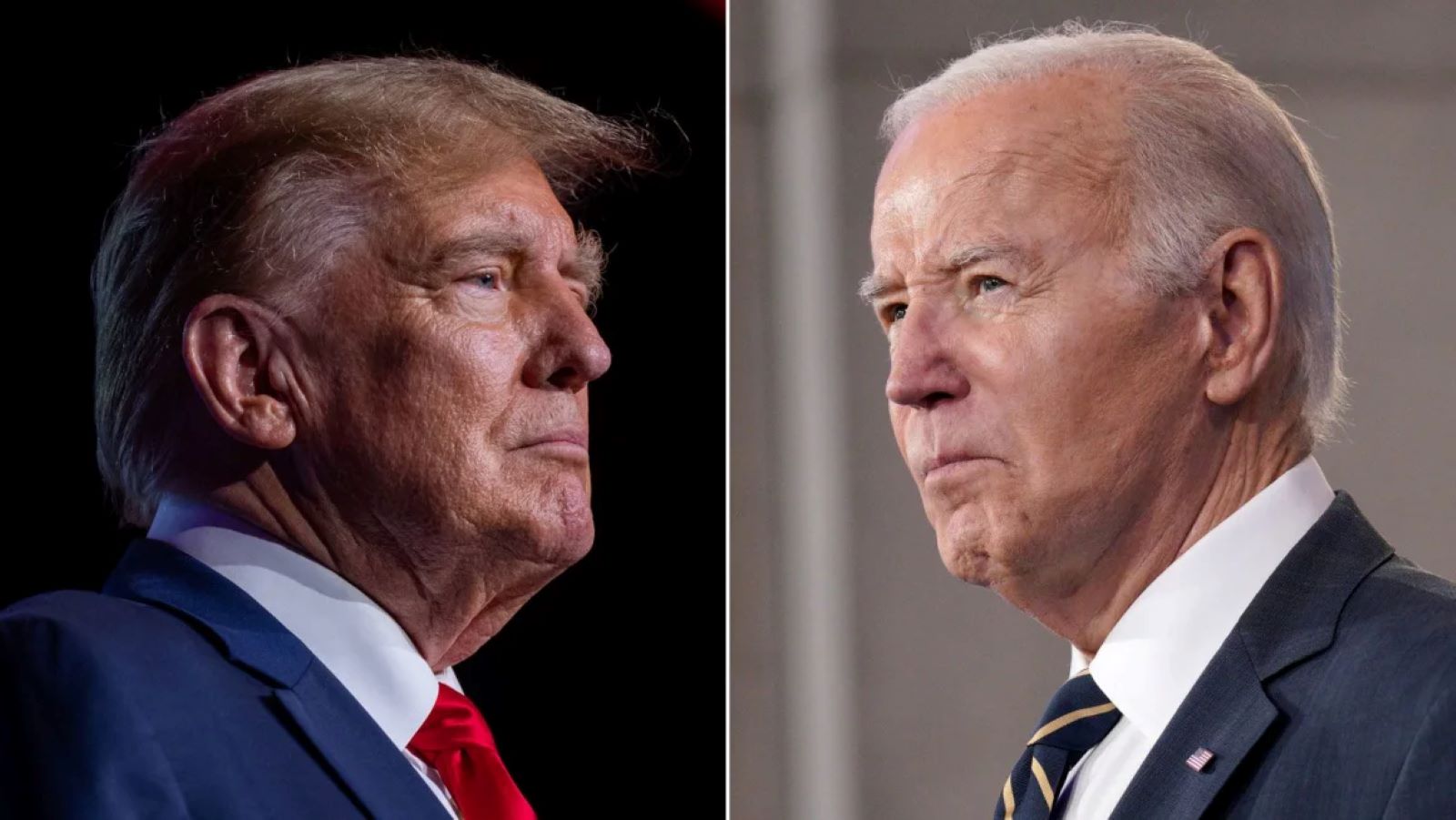Brazil 2022 elections: Bolsonaro stays with the state of Sao Paulo and the right controls regional power | international

Lula da Silva, the next president of Brazil, will be a strong regional counterweight. Of the country’s 27 states, most will be in the hands of conservative governors, although not necessarily in the hands of Bolsonaristas. The state of São Paulo, the country’s economic engine It houses more than 46 million Brazilians, and will be governed by former Infrastructure Minister Bolsonaro Tarcisio de Freitas. The most populous region of Brazil has long been in the hands of the moderate right, but now it is turning the nail again and throwing itself into the arms of the Bolsonaro. Former Minister Fernando Haddad alternative at the last minute Lula in the elections four years ago And the former mayor of São Paulo scored a historic best Labor Party (PT) result in this hostile region, but it wasn’t enough.
In his first public appearance after his victory, Tarcísio responded to Gomes de Freitas from a possible confrontation with Lula. “We will consider the interest of the state of São Paulo. We understand that in order to be able to implement public policies, it is necessary that we ally with the federal government,” he said. I understand that the outcome of the elections is sovereignty. It was a difficult and difficult election. It shows us that we have ideas that are dividing the country, One is more progressive and the other is more conservative. But the result was sovereign,” he warned, even as his political boss, Bolsonaro, delayed acknowledging his defeat.
Despite the success in São Paulo, Bolsonaro’s strategy of distributing powerful names in his government to consolidate regional power has only partially worked. The right prevails, but not necessarily Bolsonarista. In another important state, Rio Grande do Sul, former minister Onyx Lorenzoni, who had started as the frontrunner, was defeated by the current. Governor Eduardo Leyte, a young gay politician Last year he even tried to run for president. Leyte belongs to the PSDB, which for most of Brazil’s modern history has been the main center-right party. Although no longer the same as before, the party is not completely dead and will rule three states: Rio Grande do Sul, Mato Grosso do Sul and Pernambuco. It is a right that would not have faced many difficulties in dialogue with him.
The victory at Pernambuco is particularly intriguing. Raquel Lira will be a conservative governor in Lula’s original state and in the center of the country’s most progressive region, the Northeast. The future president spent her campaign refusing to say who she would vote in the second round for fear of losing votes, which her opponents saw as support for Bolsonaro. His opponent was another woman, Marilia Aris, which is notably a rarity in male elections. Personally, Lera faced a very difficult campaign: on the day of the first round of voting, her 44-year-old husband died suddenly.
Join EL PAÍS to follow all the news and read without limits.
For the PT, one of the few unconditional victories came from the state of Bahia. The well-known mayor of Salvador, center-right ACM Neto, was on the cusp of the historic feat of wresting one of his strongholds from the left, but in the end the Lula-backed candidate, Jerónimo Rodriguez, won. future ruler Bahian He started campaigning as a total anonymous, but grew thanks to Lula’s support and some verbal stumbles from ACM Neto, a light-skinned man who identified himself as a mestizo in Brazil’s blackest state.
Of the 12 states selected in the second round, five remained openly in the hands of Bolsonaro’s governors (São Paulo, Mato Grosso do Sul, Rondonia, Santa Catarina and Amazonas); Four of them were PT or more associated with Lula (Bahia, Alagoas, Espírito Santo and Paraíba) and three would be governed by the moderate centre-right (Rio Grande do Sul, Pernambuco, Sergipe).
Of the 15 governors elected on October 2, nine announced their support for Bolsonaro and six for Lula. In that first round, the far-right leader has already managed to capture important strongholds, especially Rio de Janeiro, where he began his political career, and Minas Gerais, the second most populous state in the country which is key to the decision on an electoral outcome.
In Minas, the victory of Governor Romeo Zema, a liberal who appeared neutral but ended up loyal to the far right, was expected to be key to getting votes for the president to tip the balance at the national level, but the strategy did not work. Although Minas voted for the position of conservative governor, the majority of its population chose for the position of President Lula.
Subscribe here to the newsletter country of america And receive all informative keys of the current situation in the region.

“Bacon advocate. Certified creator. Twitteraholic. Tv junkie. Beer fanatic. Internet nerd. Passionate thinker. Reader.”




:quality(85)/cloudfront-us-east-1.images.arcpublishing.com/infobae/OF4NJDPGLBEYJAZ5XZMH3OIPJ4.jpg)



